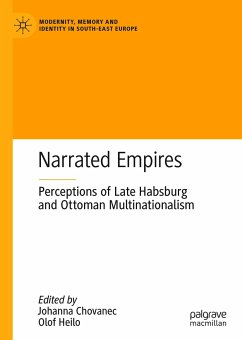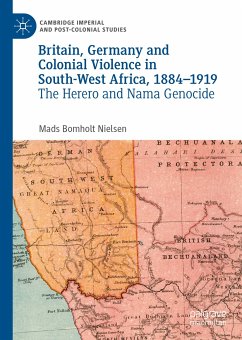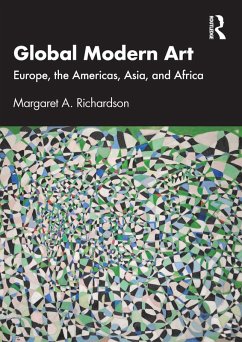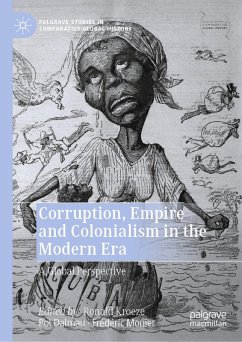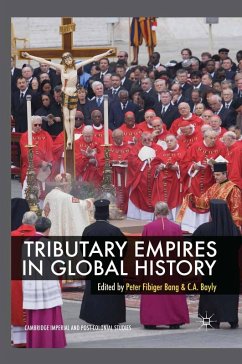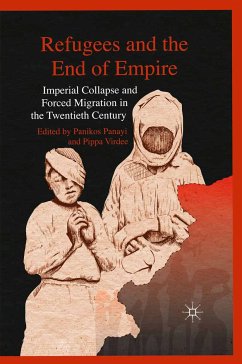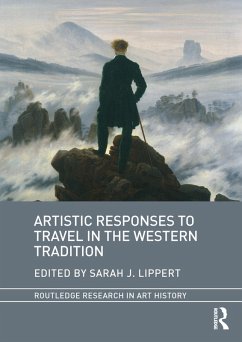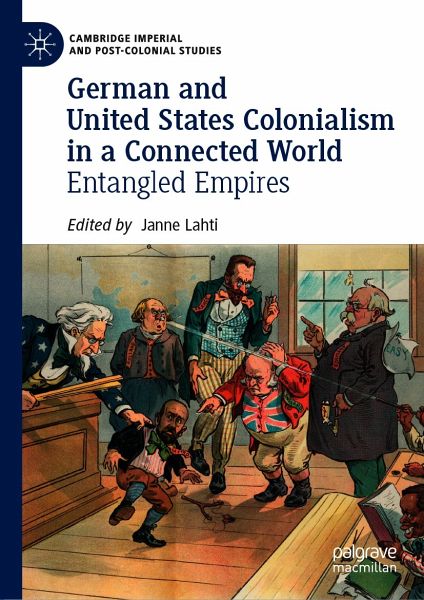
German and United States Colonialism in a Connected World (eBook, PDF)
Entangled Empires
Redaktion: Lahti, Janne
Versandkostenfrei!
Sofort per Download lieferbar
80,95 €
inkl. MwSt.
Weitere Ausgaben:

PAYBACK Punkte
40 °P sammeln!
This book contributes to global history by examining the connected histories of German and United States colonial empires from the early nineteenth century to the Nazi era. It looks at multiple and multidirectional flows, transfers, and circulations of ideas, people, and practices as Germany and the US were embedded in, and created by, an interconnected world of empires. This relationship was not exceptional, but emblematic of the diverse entanglements that created colonial globality. Colonial entanglements between Germany and the United States took on many forms, but these shared and interse...
This book contributes to global history by examining the connected histories of German and United States colonial empires from the early nineteenth century to the Nazi era. It looks at multiple and multidirectional flows, transfers, and circulations of ideas, people, and practices as Germany and the US were embedded in, and created by, an interconnected world of empires. This relationship was not exceptional, but emblematic of the diverse entanglements that created colonial globality.
Colonial entanglements between Germany and the United States took on many forms, but these shared and intersecting histories have been underanalyzed. Traditionally, Germany and the United States have been understood to have taken, respectively, an authoritarian and liberal path into modernity. But there is no neat dichotomy, as the contributors to this book illustrate. There are many more similarities than have previously been appreciated - and they are the result of multilayered entanglements made visible via conquest, settler societies, racialization, and rule of difference. Building on present historiographies of empires, colonialism, and globalization, this book introduces new analytical possibilities for examining these two relatively understudied empires alongside each other, as well as at their intersections.
Chapter 1 is available open access under a Creative Commons Attribution 4.0 International License via link.springer.com.
Dieser Download kann aus rechtlichen Gründen nur mit Rechnungsadresse in A, B, BG, CY, CZ, D, DK, EW, E, FIN, F, GR, HR, H, IRL, I, LT, L, LR, M, NL, PL, P, R, S, SLO, SK ausgeliefert werden.
Alle Preise in Euro und inkl. der gesetzl. MwSt. | Innerhalb Deutschlands liefern wir preisgebundene Bücher versandkostenfrei. Weitere Informationen: bitte hier klicken
Support
Bitte wähle dein Anliegen aus:
Rechnungen
Bestellstatus
Retourenschein
Storno



